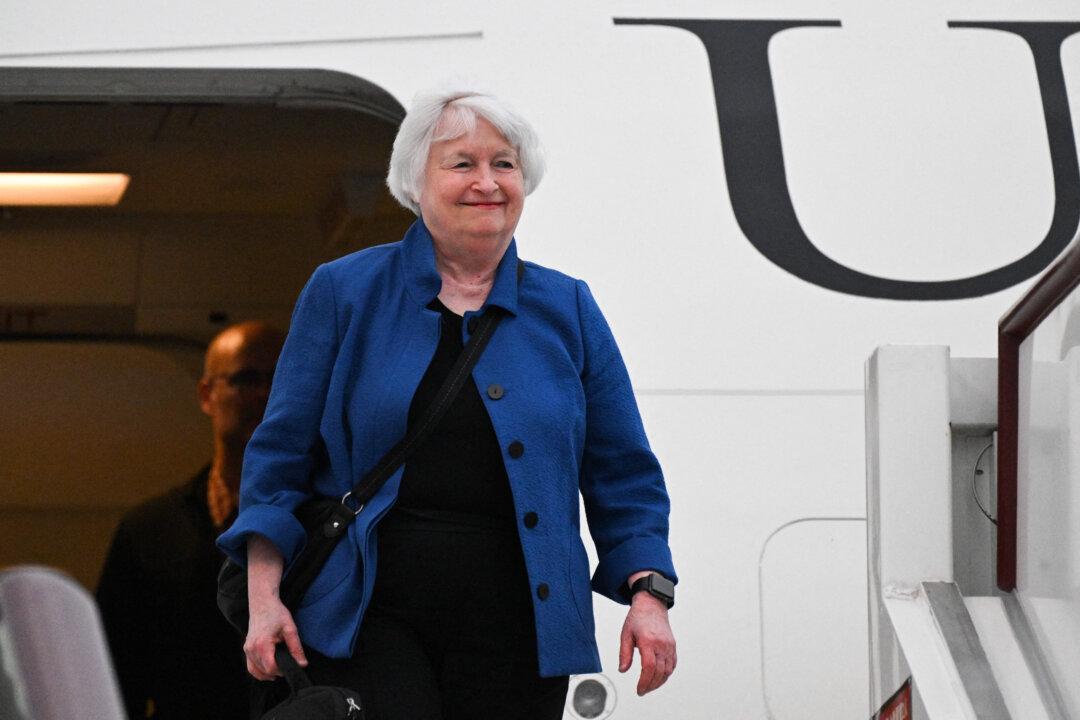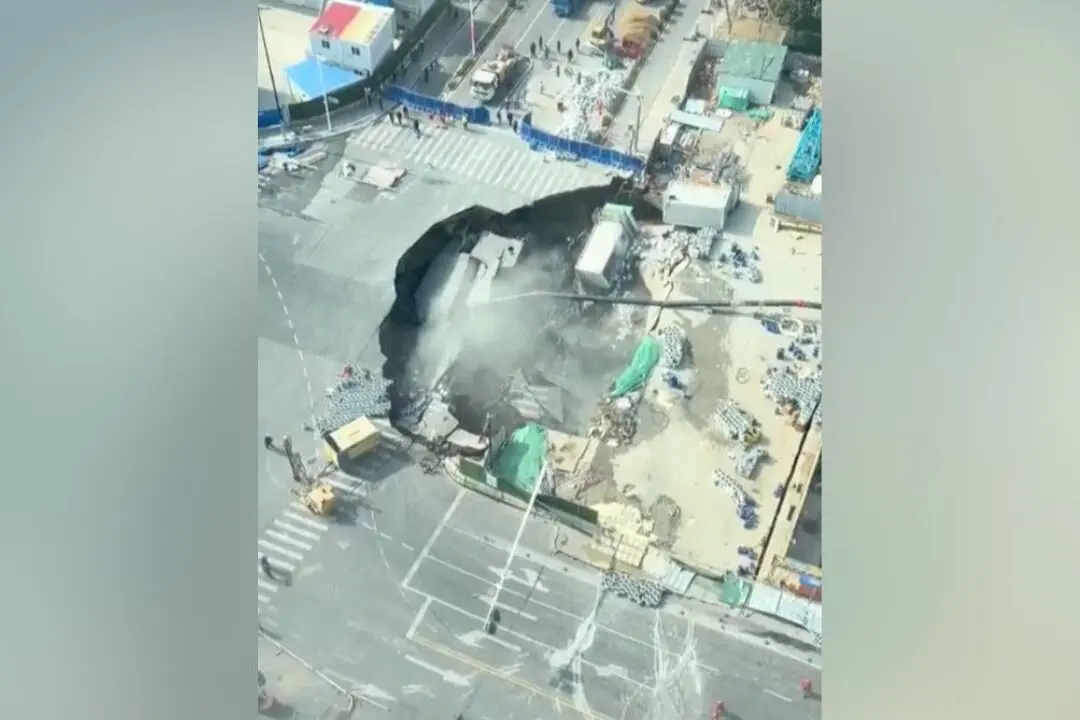U.S. Treasury Secretary Janet Yellen has arrived in China for a six-day visit, a trip she said was necessary to “advance America’s economic and national security interests.”
Ms. Yellen landed in the southern Chinese export hub of Guangzhou on April 4. Before her arrival, she took to social media platform X to explain the objectives of her trip.





